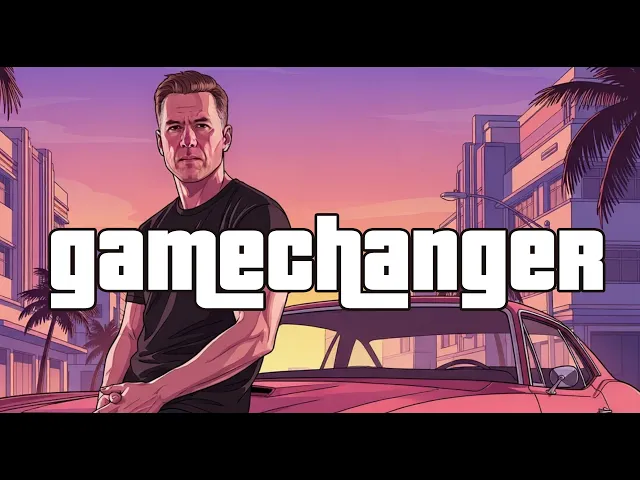GTA AI Is Here & WILD! (And You Can Play It!)

GTA AI unleashes chaotic gaming freedom
The gaming world is no stranger to boundary-pushing innovation, but the latest developments in AI-driven gameplay are taking things to unprecedented levels of creative chaos. A new wave of AI tools is transforming how players interact with Grand Theft Auto, effectively turning the iconic open-world game into an AI playground where almost anything is possible. These tools don't just enhance the gaming experience—they fundamentally reimagine what gaming can be.
Key Points
-
AI has fundamentally transformed GTA gameplay through tools like GPT-4 and various machine learning models that enable players to interact with NPCs through natural language and voice commands, creating entirely new gameplay dynamics.
-
The technology combines multiple AI systems including large language models for conversation, image recognition for visual awareness, and advanced audio processing—all working together to create responsive virtual characters with context awareness.
-
Players can now have natural conversations with NPCs who remember previous interactions, respond intelligently to the environment, and create emergent storylines that weren't programmed by the original developers.
-
The capabilities range from mundane to wild, allowing players to request NPCs to follow them, engage in complex social interactions, or perform actions that were never part of the original game design.
Expert Analysis
The most profound insight from this AI revolution isn't just that games can be more interactive—it's that we're witnessing the birth of genuine emergent gameplay that wasn't designed or anticipated by the original developers. This represents a paradigm shift in gaming where the boundaries between designed experiences and player-created content are dissolving.
This matters tremendously for the gaming industry because it foreshadows a future where games are less about following prescribed paths and more about creating personalized experiences. The $200+ billion gaming industry has always chased the dream of truly responsive virtual worlds, and these AI implementations suggest we're approaching an inflection point where games become less like products and more like platforms for unlimited creativity.
Beyond What Was Covered
The implications extend far beyond just GTA or gaming entertainment. Consider enterprise training simulations—companies like Walmart and UPS already use virtual reality for employee training, but imagine if those environments were populated with AI characters that could adapt to the trainee's actions and provide natural, contextual feedback. An AI-powered retail training simulation could feature customers with complex
Recent Videos
How To Earn MONEY With Images (No Bullsh*t)
Smart earnings from your image collection In today's digital economy, passive income streams have become increasingly accessible to creators with various skill sets. A recent YouTube video cuts through the hype to explore legitimate ways photographers, designers, and even casual smartphone users can monetize their image collections. The strategies outlined don't rely on unrealistic promises or complicated schemes—instead, they focus on established marketplaces with proven revenue potential for image creators. Key Points Stock photography platforms like Shutterstock, Adobe Stock, and Getty Images remain viable income sources when you understand their specific requirements and optimize your submissions accordingly. Specialized marketplaces focusing...
Oct 3, 2025New SHAPE SHIFTING AI Robot Is Freaking People Out
Liquid robots will change everything In the quiet labs of Carnegie Mellon University, scientists have created something that feels plucked from science fiction—a magnetic slime robot that can transform between liquid and solid states, slipping through tight spaces before reassembling on the other side. This technology, showcased in a recent YouTube video, represents a significant leap beyond traditional robotics into a realm where machines mimic not just animal movements, but their fundamental physical properties. While the internet might be buzzing with dystopian concerns about "shape-shifting terminators," the reality offers far more promising applications that could revolutionize medicine, rescue operations, and...
Oct 3, 2025How To Do Homeless AI Tiktok Trend (Tiktok Homeless AI Tutorial)
AI homeless trend raises ethical concerns In an era where social media trends evolve faster than we can comprehend them, TikTok's "homeless AI" trend has sparked both creative engagement and serious ethical questions. The trend, which involves using AI to transform ordinary photos into images depicting homelessness, has rapidly gained traction across the platform, with creators eagerly jumping on board to showcase their digital transformations. While the technical process is relatively straightforward, the implications of digitally "becoming homeless" for entertainment deserve careful consideration. The video tutorial provides a step-by-step guide on creating these AI-generated images, explaining how users can transform...
